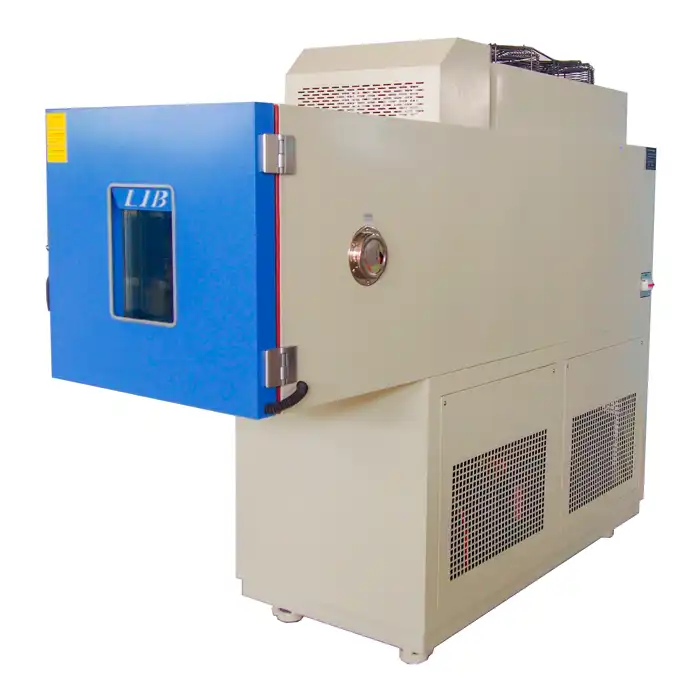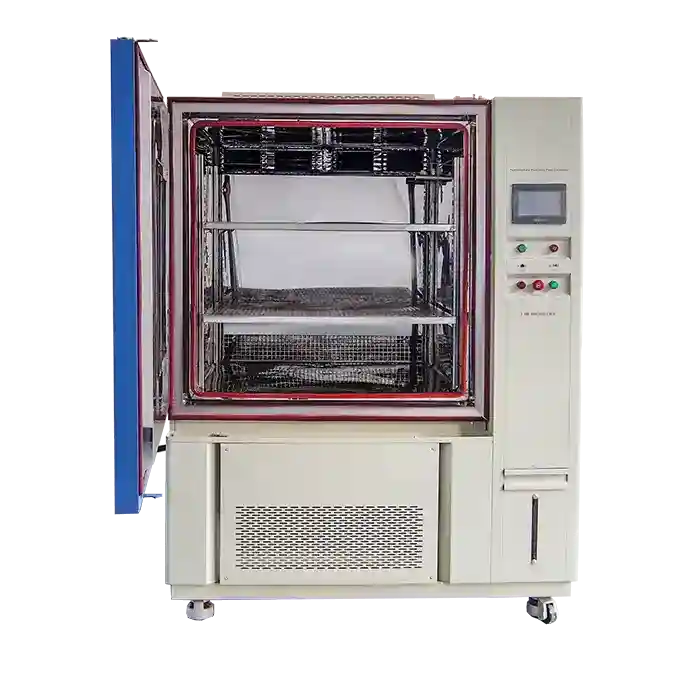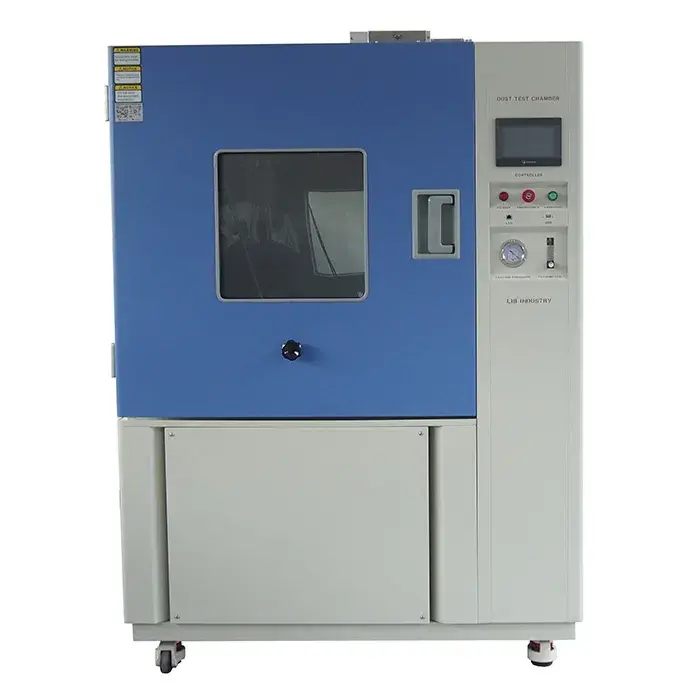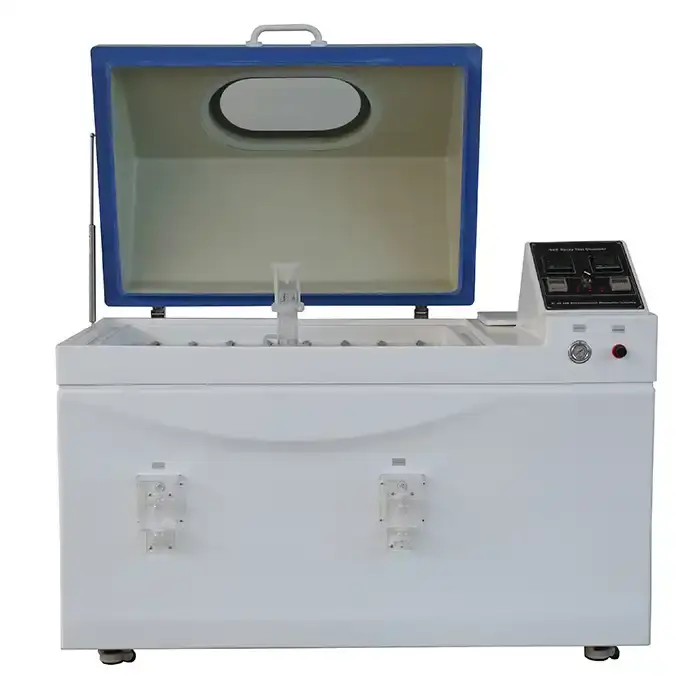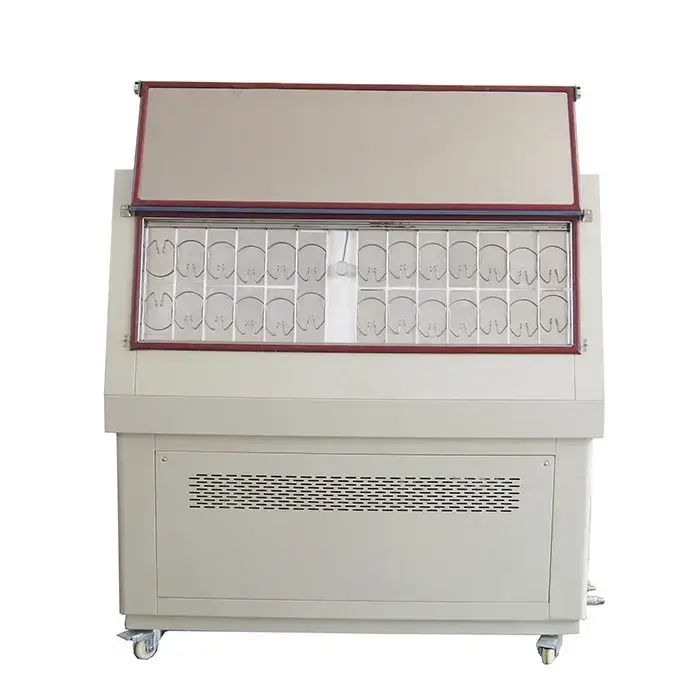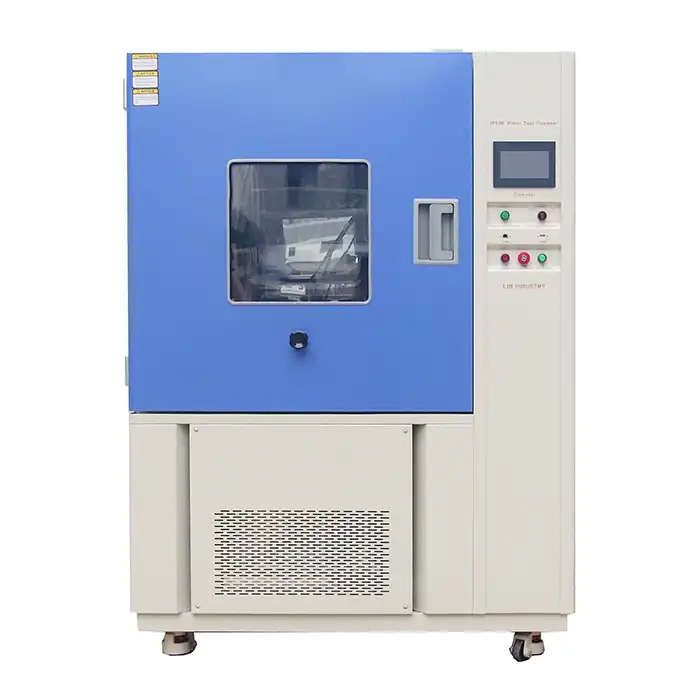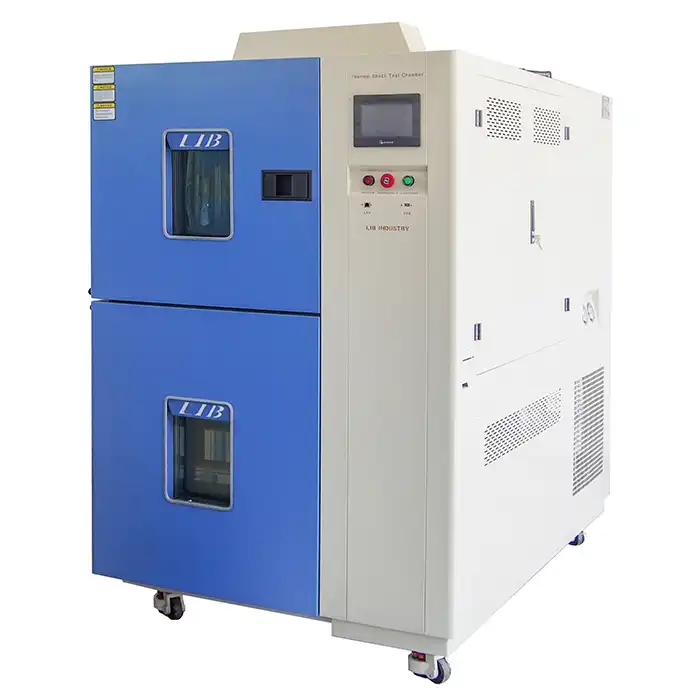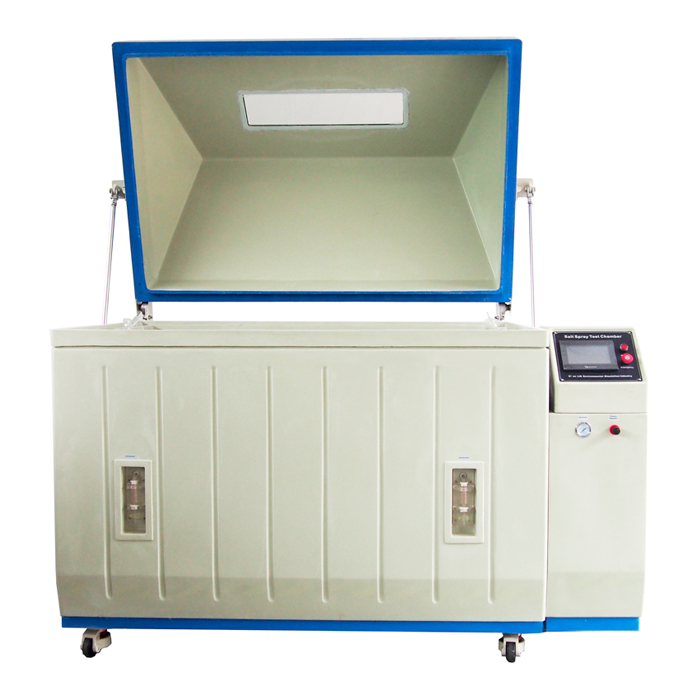Top Features to Look for in a Salt Mist Test Machine: A Buyer's Guide
Corrosion testing is essential for industries that manufacture metal and coated products. A salt mist test machine simulates harsh environmental conditions, helping manufacturers assess product durability. Choosing the right machine ensures accurate, reliable results and long-term performance. This guide explores the key features to look for when purchasing a salt mist test chamber to enhance testing efficiency.
Precision Control Systems: Ensuring Accurate and Consistent Test Conditions
A high-quality salt mist test machine should offer precise control over parameters such as temperature, humidity, and salt concentration. Accurate control ensures repeatability, allowing manufacturers to achieve consistent results across multiple tests.
Modern chambers incorporate programmable logic controllers (PLCs) and digital touchscreen interfaces that allow operators to set and monitor test conditions with minimal deviation. Advanced models use automatic salt solution mixing systems, reducing human error and ensuring uniform test conditions.
For example, industry standards like ISO 9227 and ASTM B117 require strict environmental conditions during salt spray testing. Machines with PID (Proportional-Integral-Derivative) controllers maintain stable temperature fluctuations within ±1 °C, ensuring compliance with these standards.
Precision control is crucial for industries like automotive, aerospace, and marine manufacturing, where even minor deviations can impact product performance. Investing in a chamber with a robust control system guarantees accurate corrosion assessment, ultimately improving product durability.
Durability and Corrosion Resistance: Materials That Stand the Test of Time
A salt mist test machine operates in an aggressive environment where exposure to corrosive salt solutions can degrade the machine itself. To ensure longevity, the chamber's construction materials must be resistant to corrosion and chemical wear.
High-end test machines are typically made from reinforced fiberglass-reinforced plastic (FRP), polyvinyl chloride (PVC), or stainless steel 316L. These materials resist salt-induced degradation, extending the chamber's operational lifespan. For example, PVC-lined chambers provide excellent resistance against salt fog exposure, preventing internal damage and maintaining structural integrity.
The machine's internal components, such as spray nozzles and reservoirs, should be made of titanium or non-corrosive polymer materials to prevent clogging and contamination. Additionally, a self-purging drainage system helps remove excess salt deposits, reducing maintenance needs.
Investing in a chamber with corrosion-resistant materials ensures long-term reliability, minimizing downtime and costly repairs. This is especially critical for laboratories and manufacturers conducting frequent testing.
User-Friendly Interface: Simplifying Operation and Data Management
Ease of operation is a key factor when selecting a salt mist test machine, as complex settings and manual adjustments can lead to errors and inefficiencies. A modern test chamber should feature an intuitive touchscreen interface that simplifies test configuration and monitoring.
A graphical user interface (GUI) allows operators to set test parameters, track real-time conditions, and adjust settings with minimal effort. Some advanced models include remote monitoring capabilities, enabling users to control the machine via a smartphone or computer.
Data logging is another critical feature. Machines equipped with USB or Ethernet connectivity allow users to export test data for analysis and compliance reporting. This is particularly useful for industries that require strict documentation, such as automotive and aerospace manufacturing.
By choosing a chamber with a user-friendly interface and automated data management, businesses can improve testing efficiency while reducing the risk of operator error.
Safety Features: Protecting Your Investment and Ensuring Operator Safety
A salt mist test machine operates in high-humidity, high-salinity conditions, making safety a top priority. A well-designed chamber should include multiple safety mechanisms to protect both the equipment and the operator.
Key safety features include over-temperature protection, automatic shutoff systems, and leak detection sensors. Over-temperature protection prevents overheating by automatically adjusting the chamber's heating elements, ensuring stable test conditions.
A sealed testing chamber with a transparent viewing window allows operators to monitor tests without exposing themselves to corrosive mist. Additionally, machines with external ventilation systems help prevent the accumulation of salt fog in the workplace, maintaining a safe laboratory environment.
Some advanced models are equipped with low-water level alarms that alert operators when the water supply is insufficient, preventing pump damage. Investing in a chamber with robust safety features reduces maintenance costs and ensures compliance with workplace safety regulations.
LIB Salt Mist Test Machine
LIB Industry specializes in high-performance salt mist test machines, designed to meet the demanding requirements of modern corrosion testing. With precision control systems, corrosion-resistant materials, and user-friendly interfaces, LIB's machines provide reliable and repeatable test results.
Why Choose LIB Salt Mist Test Machines?
- Advanced PID Control System: Ensures stable temperature and humidity regulation.
- Premium Corrosion-Resistant Materials: Constructed from PVC and reinforced FRP for long-term durability.
- Easy-to-Use Touchscreen Interface: Simplifies operation and allows for real-time monitoring.
- Comprehensive Safety Features: Over-temperature protection, leak detection, and automatic shutoff systems.
- Customizable Solutions: Tailored to meet specific industry testing standards, including ISO 9227 and ASTM B117.
LIB Industry provides turnkey solutions, including installation, commissioning, and training to ensure seamless operation. Whether you need a standard or customized salt mist test machine, LIB offers expert support and high-quality products to enhance your testing capabilities. For more details, contact LIB Industry at ellen@lib-industry.com.
References
1. ISO 9227: Corrosion Tests in Artificial Atmospheres - Salt Spray Tests (International Organization for Standardization).
2. ASTM B117: Standard Practice for Operating Salt Spray (Fog) Apparatus (American Society for Testing and Materials).
3. Corrosion Science: The Impact of Salt Spray Testing on Material Performance (Materials Research Society).
4. Advancements in Environmental Testing Equipment for Corrosion Assessment (Journal of Materials Engineering and Performance).



